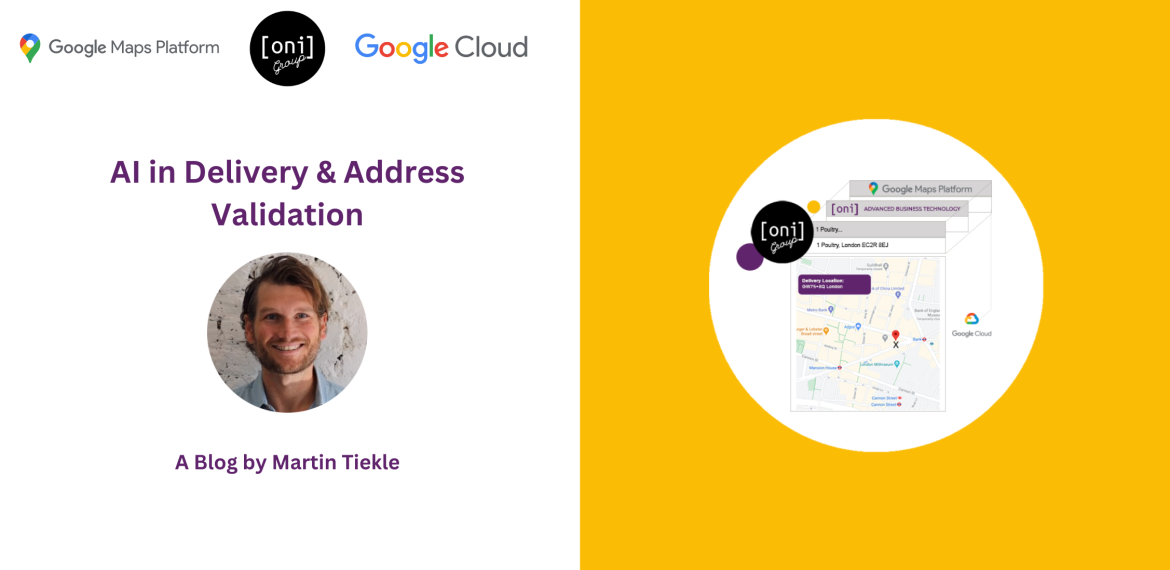Evolution of delivery
Delivery services and businesses have evolved entirely over the last few thousand years. From Pheidippides in Ancient Greece, who ran 26 miles from Marathon to Athens to deliver messages of military victory, to Roman chariots carrying orders from the vast borders of the empire, literal homing pigeons and of course the first paid couriers for the royal courts in the Middle Ages.
However, the past decade has revolutionized delivery again, shifting from centuries-old rigid planning to on-demand flexibility. Instead of one courier handling 100 pre-planned shipments, deliveries can now adapt nimbly to live demand in real-time. This means multiple couriers can zip through dynamic, cost effective, sequences based on real-time needs.
Yet, what if I told you it was all going to evolve again?
With the introduction of AI into the mainstream, delivery is one of the first industries where AI not only makes sense but provides tangible benefits.
So what actually is AI?
AI is the simulation of human intelligence at tremendous scale. Imagine all the thinking, analysis and experiential knowledge a human has, converted into ingestible data then multiplied by a trillion. This enables these services to not only understand the core of the problem but to actually compute multiple solutions in the time it takes a human to read the question. While AI is designed to solve within the bounds and parameters of its programming, it also has the capacity to think outside of these bounds. [AI can build solutions that outpace problems that it can see occuring in the future. ]
What are some of the examples of how AI can actually help delivery companies?
Delivery is all about processes to manage known and unknown variables. For example, when a courier has urgent SLAs to meet during peak hours, each of the SLAs have the predicted traffic impacts incorporated at each stop before the courier even sets foot in the vehicle. This data is based on predictive AI using live & historical data to project congestion, current trip durations, previous trip durations & of course potential incidents. With live tracking & processing via the AI, real time events can be factored into both the live SLA and customer tracking to notify of either a late or even an early arrival.
Where we see AI being especially powerful is in Address Validation. Address validation for over 200 years has been seen as a data problem. Theoretically collecting more address data solves bad addresses? Well yes, but this is only partly true because not only is it extremely complex, it’s also extremely expensive.
AI has changed our thinking on not only how to validate an address but what an address actually is. A shipping address is (believe it or not) subjective. A customer thinks they live in Chelsea but a delivery company thinks they live in Fulham. Using AI’s ability to crunch multiple data sources including address records, property sale data, local council zoning reports, commercial property data etc we can establish not only the exact address but the hyper local specifics of the address before even sending a courier for the first time. For example, say we have a building name but also an accompanying mangled address with missing address data, the AI is smart enough to not only find this building name but to cross reference the provided address components with supplementary online records and even provide more useful information we didn’t even request. The AI can determine that it was actually not a building name but in fact, a business name. This means we can provide the opening hours, contact information and even the precise location within the building itself.
How can your company harness AI?
There are two different elements holding back delivery companies in leveraging AI technology. Perceived lack of technical expertise on how to integrate the right AI solution and fear of the technology due to limited AI policies. While understandable, both do not need to hinder or even stop how your company can leverage the best in AI technology. A lot of AI has been designed to be simple managed services such as Google Maps Platform’s Routes API or even OniGroup’s own Address Validation AI platform built on Google Cloud’s Gemini service.
